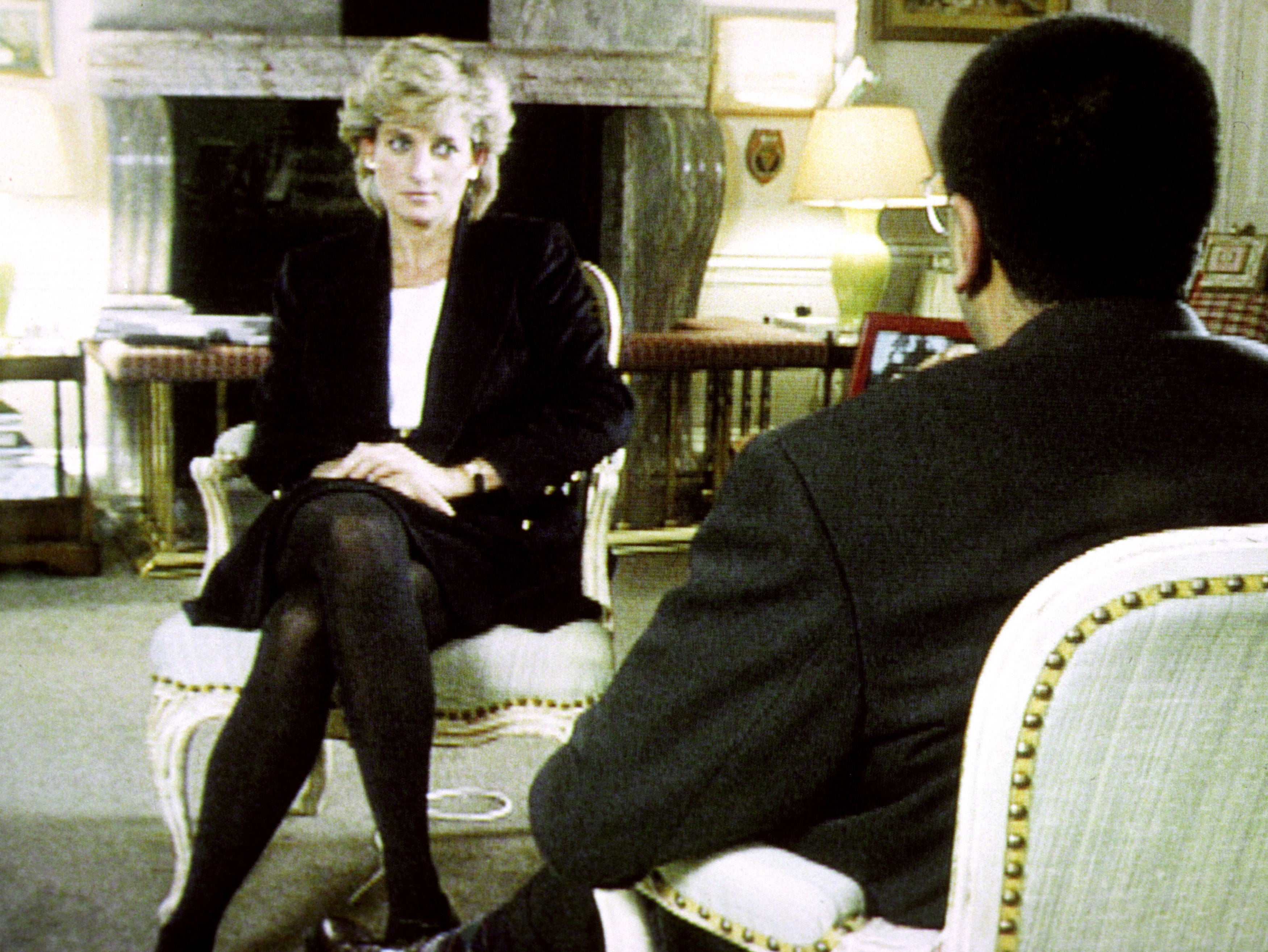The Princess Diana interview scandal will give the Tories plenty of space to attack the BBC
The corporation is right to have apologised over the report by Lord Dyson – but we shouldn’t dismiss the rest of what the BBC does


Your support helps us to tell the story
From reproductive rights to climate change to Big Tech, The Independent is on the ground when the story is developing. Whether it's investigating the financials of Elon Musk's pro-Trump PAC or producing our latest documentary, 'The A Word', which shines a light on the American women fighting for reproductive rights, we know how important it is to parse out the facts from the messaging.
At such a critical moment in US history, we need reporters on the ground. Your donation allows us to keep sending journalists to speak to both sides of the story.
The Independent is trusted by Americans across the entire political spectrum. And unlike many other quality news outlets, we choose not to lock Americans out of our reporting and analysis with paywalls. We believe quality journalism should be available to everyone, paid for by those who can afford it.
Your support makes all the difference.It is no great surprise that those who are so keen to use the conduct of Martin Bashir – and those involved in the Beeb's investigation into the Princess Diana interview from 1995 – to inflict damage on the BBC, are the same ones who would use any excuse to undermine what the corporation stands for.
The BBC represents values of national cohesion and journalistic standards that are admired the world over, one of the few brands that form part of “Global Britain”. But there are some people, sadly well-represented in today’s Conservative Party, who would gladly see its objective coverage of their doings replaced by the kind of “Foxification” that I believe has impoverished American public life.
It is understandable, and entirely right, that Charles Spencer and Prince William, and indeed many beyond the immediate family, should be angered by the conduct surrounding the 1995 interview and the subsequent BBC investigation. It was and is indefensible. The BBC has let itself and its audience down: first when the programme was being produced in 1995 and second in the internal inquiry of 1996, which cleared Bashir and Panorama of wrongdoing. Today, the corporation said the new report into the matter by Lord Dyson showed “clear failings”. All of that, though, does not mean we need to scrap the licence fee.
Indeed, albeit with too long a delay, the BBC has chosen to do the right thing and apologise. As has Bashir. The BBC has published a handwritten note from Diana to Bashir, stating that she said she had “no regrets” about the interview. Bashir has said that that he apologies for “having asked for bank statements to be mocked up” but that it had “no bearing whatsoever on the personal choice by Princess Diana to take part in the interview”.
This makes a good deal of sense. As a recent documentary telling the inside story of the interview suggested, it was a time when both Diana and Charles felt a compunction to tell their side of the story of their marriage, in which the monarchy and the country had invested so much hope. Diana had already, indeed, started to put her testimony “out there”, in Andrew Morton’s biography of her, Diana: Her True Story, a publishing sensation in 1992, around the time the separation of the prince and princess was announced. Though she shaped the work, her cooperation in letting friends and family speak with Morton was stoutly denied at the time. The Prince of Wales followed suit in a interview given to Jonathan Dimbleby broadcast in June 1994. His account of the marriage did not accord with Diana’s painful memories, and she was keen to correct things. Through such exercises, and a constant stream of briefings and counter-briefings, information flowed out into the open, to an obsessed and astonished public.
Diana, in other words, didn’t really need that much persuading. Bashir was the right man at the right time, very luckily for him. But there was a miscalculation at its heart as he approached this magnificent journalistic prize – the most photographed woman in the world.
Yes, both Bashir and the BBC were right to apologise over this – but it tells us little about the BBC’s journalism at large – routinely brave, accurate and obsessively balanced. No media organisation is perfect, far from it, but few enjoy the respect, affection and esteem in which the BBC is held at home and abroad.
Join our commenting forum
Join thought-provoking conversations, follow other Independent readers and see their replies
Comments